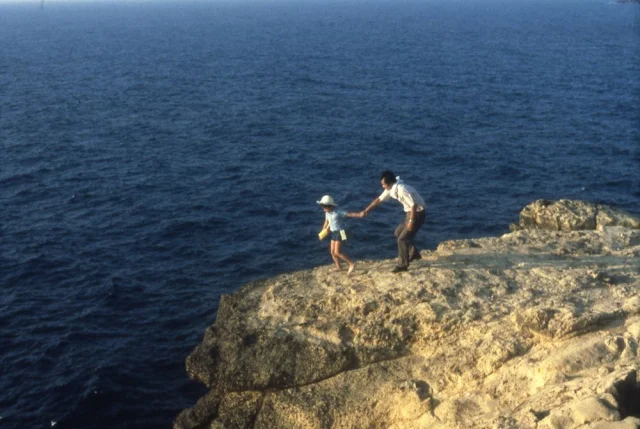 |
| Adam Driver in Star Wars: Episode VIII -- The Last Jedi |
Leia Organa: Carrie Fisher
Kylo Ren: Adam Driver
Rey: Daisy Ridley
Finn: John Boyega
Poe Dameron: Oscar Isaac
Snoke: Andy Serkis
Maz Kanata (voice): Lupita Nyong'o
General Hux: Domhnall Gleeson
C-3PO: Anthony Daniels
Captain Phasma: Gwendoline Christie
Rose Tico: Kelly Marie Tran
Vice Admiral Holdo: Laura Dern
DJ: Benicio Del Toro
Director: Rian Johnson
Screenplay: Rian Johnson
Cinematography: Steve Yedlin
Production design: Rick Heinrichs
Film editing: Bob Ducsay
Music: John Williams
Fun but just a little bit frustrating. As I said in my comments on Episode VII: The Force Awakens, we need more backstory -- about Ren's fall to the dark side, about Poe Dameron, Finn, and Rey. We get snippets of Ren's story, including Luke's threat to kill Ren when he sees him going bad, and of Rey's, including a revelation that her parents were no one in particular -- which may be unreliable information on both counts. Poe and Finn go their separate ways in The Last Jedi, essentially into subplots that add texture but not substance to their stories. Instead of establishing Poe, Finn, and Rey as the heroic triad comparable to Luke, Leia, and Han, which is what The Force Awakens might have led us to expect, The Last Jedi makes them seem relatively ineffectual. I think the episode suffers a bit from "middle film" syndrome, the need to continue a story without providing the resolution that presumably will arrive in Episode IX.























